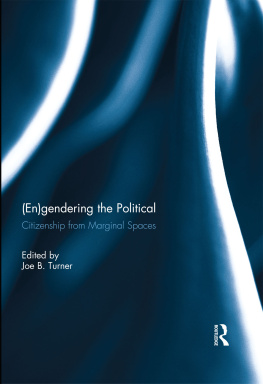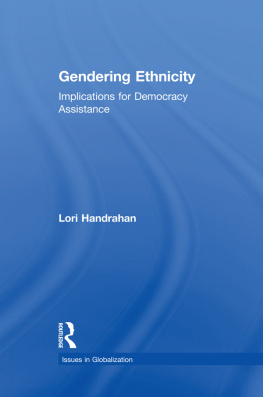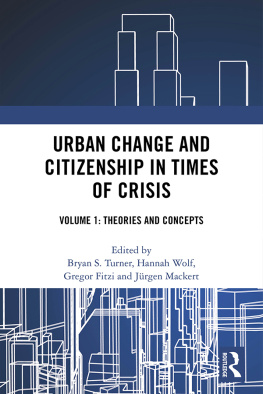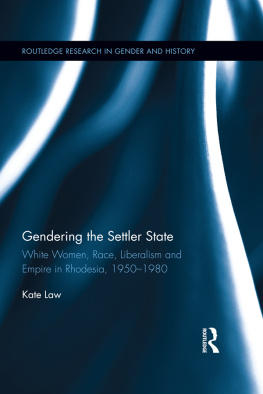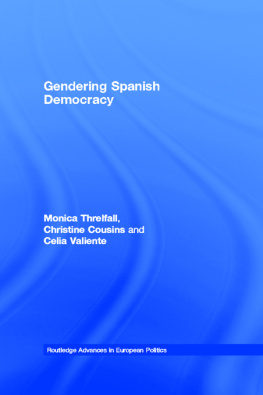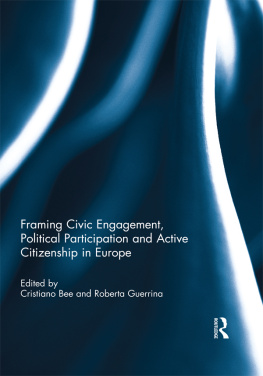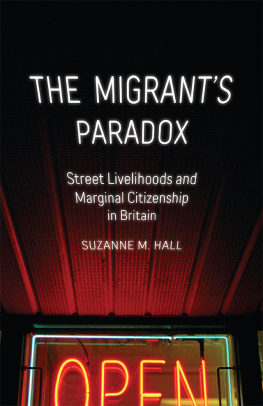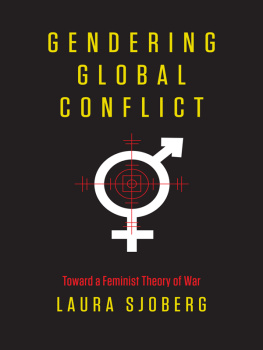(En)gendering the Political
What is the relationship between being political and citizenship? What might it mean to be marginalised through both the practices and knowledge of citizenship? What might citizenship look like from a position of social, political and cultural exclusion? This book responds to these questions by treating marginalisation as a political process and position. It explores how different lives, experiences and forms of political action might be engendered when subjects are excluded, made vulnerable and invisible from contemporary forms of citizenship. It aims to contribute to the growing body of literature on the politics of resistance by investigating how complex forms of marginality are not only produced by dominant forms of citizenship but also actively challenge them.
Modernist approaches to politics tend to see the citizen as the ideal type of political agent and citizenship as the zenith of struggles over rights, representation and belonging. This edited volume challenges this approach to political subjectivity by showing how political acts work for but also against/beyond citizenship claims, towards different orientations and as acts of (non)citizen. By bringing together diverse theoretical and empirical contributions, and exploring the emergent politics of marginalised subjects, this collection challenges how we think about citizenship and opens up space for alternative imaginaries of political action and belonging.
This book was originally published as a special issue of Citizenship Studies.
Joe B. Turner is a Research Fellow in International Migration at the Department of Politics at, University of Sheffield, UK. He is interested in the politics of citizenship and how internal/external borders emerge and are governed in (post)colonial states such as the UK. His work lies at the cross-section of IR, political sociology and historiography. He has previously published work in journals such as British Journal of Politics and International Relations and Citizenship Studies.
(En)gendering the Political
What is the relationship between being political and citizenship? What might it mean to be marginalised through both the practices and knowledge of citizenship? What might citizenship look like from a position of social, political and cultural exclusion? This book responds to these questions by treating marginalisation as a political process and position. It explores how different lives, experiences and forms of political action might be engendered when subjects are excluded, made vulnerable and invisible from contemporary forms of citizenship. It aims to contribute to the growing body of literature on the politics of resistance by investigating how complex forms of marginality are not only produced by dominant forms of citizenship but also actively challenge them.
Modernist approaches to politics tend to see the citizen as the ideal type of political agent and citizenship as the zenith of struggles over rights, representation and belonging. This edited volume challenges this approach to political subjectivity by showing how political acts work for but also against/beyond citizenship claims, towards different orientations and as acts of (non)citizen. By bringing together diverse theoretical and empirical contributions, and exploring the emergent politics of marginalised subjects, this collection challenges how we think about citizenship and opens up space for alternative imaginaries of political action and belonging.
This book was originally published as a special issue of Citizenship Studies.
Joe B. Turner is a Research Fellow in International Migration at the Department of Politics at, University of Sheffield, UK. He is interested in the politics of citizenship and how internal/external borders emerge and are governed in (post)colonial states such as the UK. His work lies at the cross-section of IR, political sociology and historiography. He has previously published work in journals such as British Journal of Politics and International Relations and Citizenship Studies.
First published 2017
by Routledge
2 Park Square, Milton Park, Abingdon, Oxon, OX14 4RN, UK
and by Routledge
711 Third Avenue, New York, NY 10017, USA
Routledge is an imprint of the Taylor & Francis Group, an informa business
Chapter 4 Lucy Mayblin, originally published as Open Access
Chapters 13 & Chapters 58 2017 Taylor & Francis
All rights reserved. No part of this book may be reprinted or reproduced or utilised in any form or by any electronic, mechanical, or other means, now known or hereafter invented, including photocopying and recording, or in any information storage or retrieval system, without permission in writing from the publishers.
Trademark notice: Product or corporate names may be trademarks or registered trademarks, and are used only for identification and explanation without intent to infringe.
British Library Cataloguing in Publication Data
A catalogue record for this book is available from the British Library
ISBN 13: 978-1-138-63701-6
Typeset in Minion Pro
by RefineCatch Limited, Bungay, Suffolk
Publishers Note
The publisher accepts responsibility for any inconsistencies that may have arisen during the conversion of this book from journal articles to book chapters, namely the possible inclusion of journal terminology.
Disclaimer
Every effort has been made to contact copyright holders for their permission to reprint material in this book. The publishers would be grateful to hear from any copyright holder who is not here acknowledged and will undertake to rectify any errors or omissions in future editions of this book.
Contents
Citation Information
The chapters in this book were originally published in Citizenship Studies, volume 20, issue 2 (April 2016). When citing this material, please use the original page numbering for each article, as follows:
Chapter 1
Editorial Introduction: (En)gendering the political: Citizenship from marginal spaces
Joe Turner
Citizenship Studies, volume 20, issue 2 (April 2016), pp. 141155
Chapter 2
Unfamiliar acts of citizenship: enacting citizenship in vernacular music and language from the space of marginalised intergenerational migration
Aoileann N Mhurch
Citizenship Studies, volume 20, issue 2 (April 2016), pp. 156172
Chapter 3
Contestations in death the role of grief in migration struggles
Maurice Stierl
Citizenship Studies, volume 20, issue 2 (April 2016), pp. 173191
Chapter 4
Troubling the exclusive privileges of citizenship: mobile solidarities, asylum seekers, and the right to work
Lucy Mayblin
Citizenship Studies, volume 20, issue 2 (April 2016), pp. 192207
Chapter 5
Governing the domestic space of the traveller in the UK: family, home and the struggle over Dale Farm
Joe Turner
Citizenship Studies, volume 20, issue 2 (April 2016), pp. 208227
Chapter 6
Between safety and vulnerability: the exiled other of international relations
Amanda Russell Beattie
Citizenship Studies, volume 20, issue 2 (April 2016), pp. 228242
Chapter 7
Ethiopianism, Englishness, Britishness: struggles over imperial belonging
Robbie Shilliam
Citizenship Studies, volume 20, issue 2 (April 2016), pp. 243259
Chapter 8

